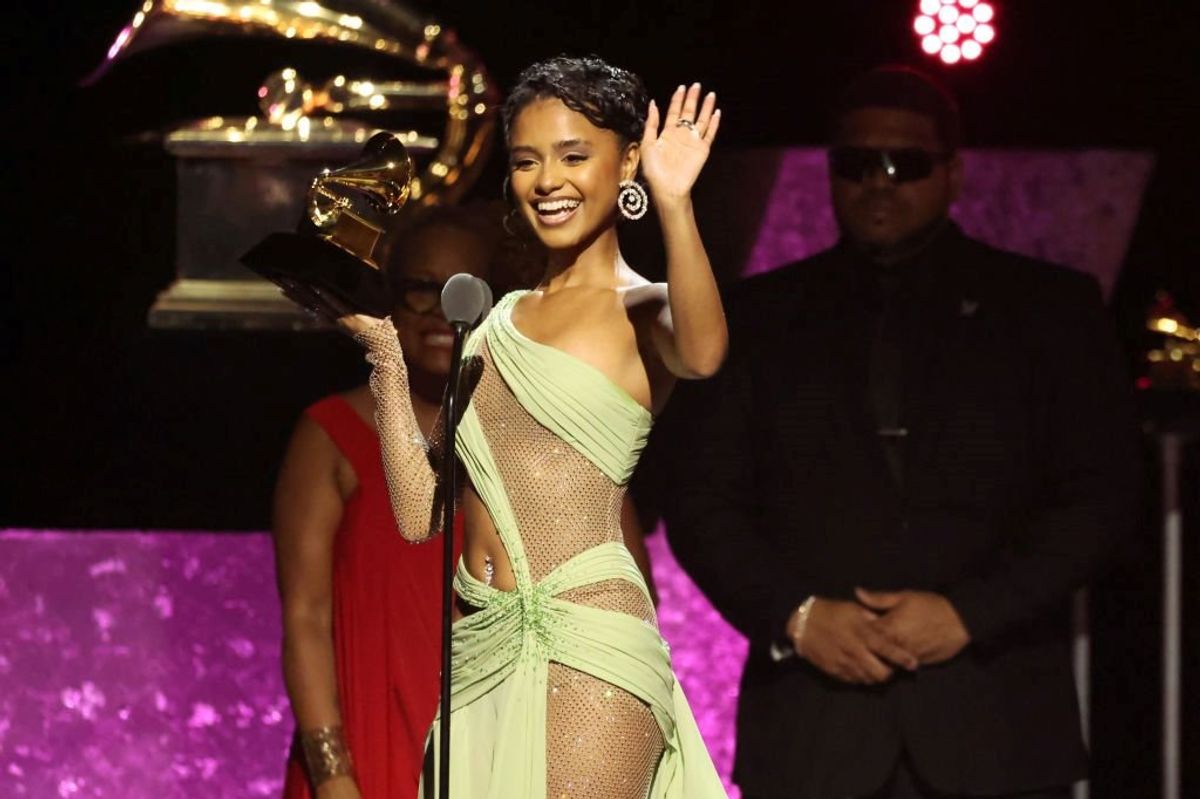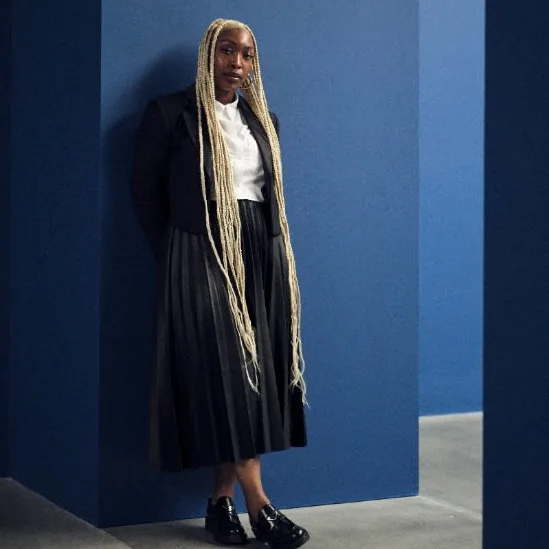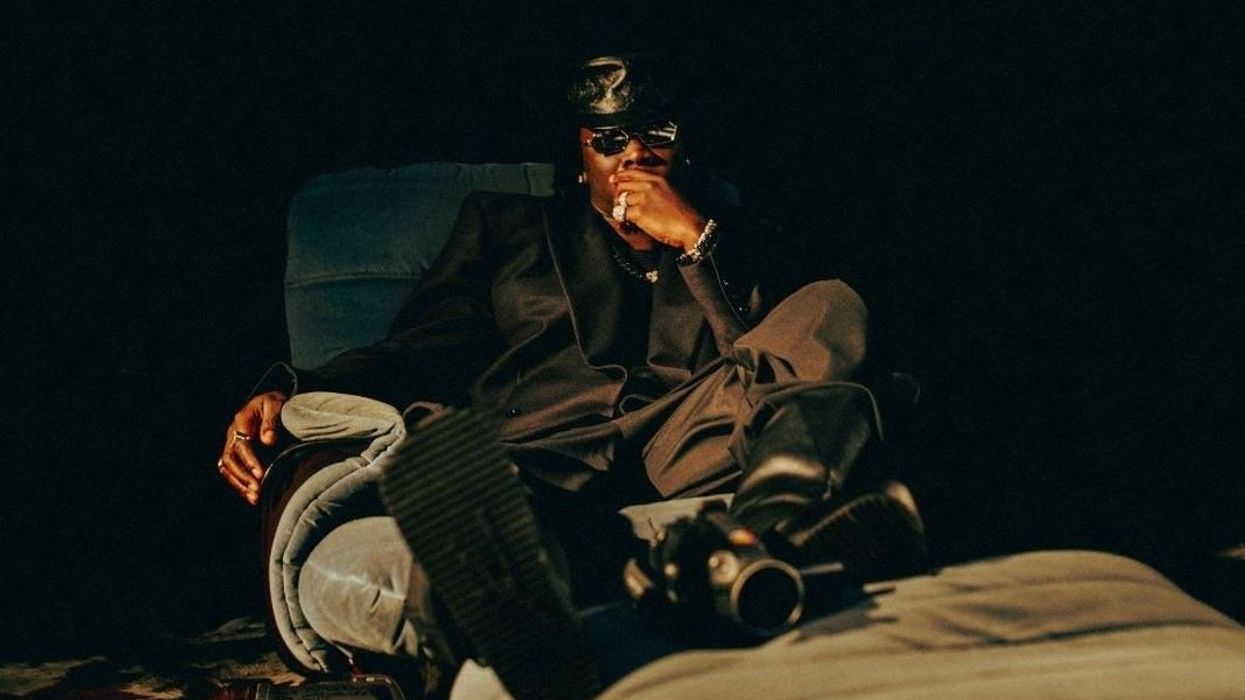
No African artist is making waves quite like Tyla this year. With her acclaimed debut album and several major award wins for “Best Afrobeats,” we at TunesDeck are keen to explore her musical journey and its significance in the broader landscape of music. This article is the second in our series.
What does it truly mean to be African? In the wake of the dramatic shift in African popular culture over the last five years, such a question once met with stereotypes and outdated views about Africa’s role in global pop culture now evokes curiosity and admiration. Today, being African is cooler than ever—especially for artists. For instance, telling someone you’re from Nigeria can ignite intrigue about Afrobeats, while expressing Ghanaian heritage could lead to conversations about vibrant celebrations like Detty December. Mentioning South Africa can bring discussions about amapiano or acclaimed series like Blood & Water. There’s now a broader appreciation for the richness of African identity beyond stereotypical narratives, making the authentic African perspective valuable.
The rise of Afrobeats and amapiano has created an exciting allure around African artists. With stars like Burna Boy, Asake, Davido, and Tyla, being African has become an asset, contributing to their global success. However, this progress often requires artists to alter or mask aspects of their authentic identity to maintain their prestige in the industry.
Unpacking Identity
This pressure is evident in the way some artists alter their accents or relocate to major cities like London or Los Angeles to further their careers. Additionally, there’s often a rejection of a cohesive “Afrobeats” identity, which complicates the understanding of their cultural roots.
Moreover, there’s a concerning tendency to simplify and misinterpret African identity and cultural elements. Tyla, in particular, has faced scrutiny regarding her African identity since gaining international recognition, particularly as a light-skinned artist from South Africa. In a social media post from June, she clarified her identification as both Black and Coloured, emphasizing that she embraces both aspects of her identity in the context of South Africa. Despite her efforts to clear the air, discussions around her African heritage resurfaced during the VMAs, where her acceptance speech for the Best Afrobeats award was scrutinized. Her attempt to pass off the award to presenter Halle, which was completely unintentional, led to criticisms that unfairly linked her identity to perceived arrogance, branding her as an “uppity African.”
Despite efforts to integrate her into the global spotlight, Tyla’s strong connection to her African roots often raises questions about her potential as an international star.
The Price of African Identity
Today, being African has its advantages as the continent shapes global culture with its youthful population. However, the challenge remains that African identity often serves as a stepping stone in achieving global recognition rather than being a destination in itself. African artists frequently navigate a path that compromises their cultural essence in favor of broader appeal.
This journey often involves altering their unique sounds, such as a Nigerian artist changing their Yoruba dialect for a style that resonates with international listeners. The aim is to diversify their market reach and adapt a persona that is culturally accessible yet distinctly African.
For contemporary African pop stars, the pursuit of global acceptance can lead to a dilution of their African identity. There’s a clear message: it’s seen as trendy to present an African origin, yet it’s even more favorable to resonate with international audiences, often at the expense of genuine African narratives and experiences. This places artists like Tyla in a position where they must combat entrenched beliefs that only certain regions can produce global icons.
This challenge, while rooted in commercial reality, highlights the need for a cultural shift where pop stars resist the urge to assimilate. Being recognized globally should not come with the price of losing one’s authentic self. It is crucial for institutions to foster environments that celebrate the unique contributions of artists from Africa. While it’s tempting for artists to blend into Western culture for recognition, one must consider: what is lost when one chooses not to embrace their African identity fully?
“`



Comment